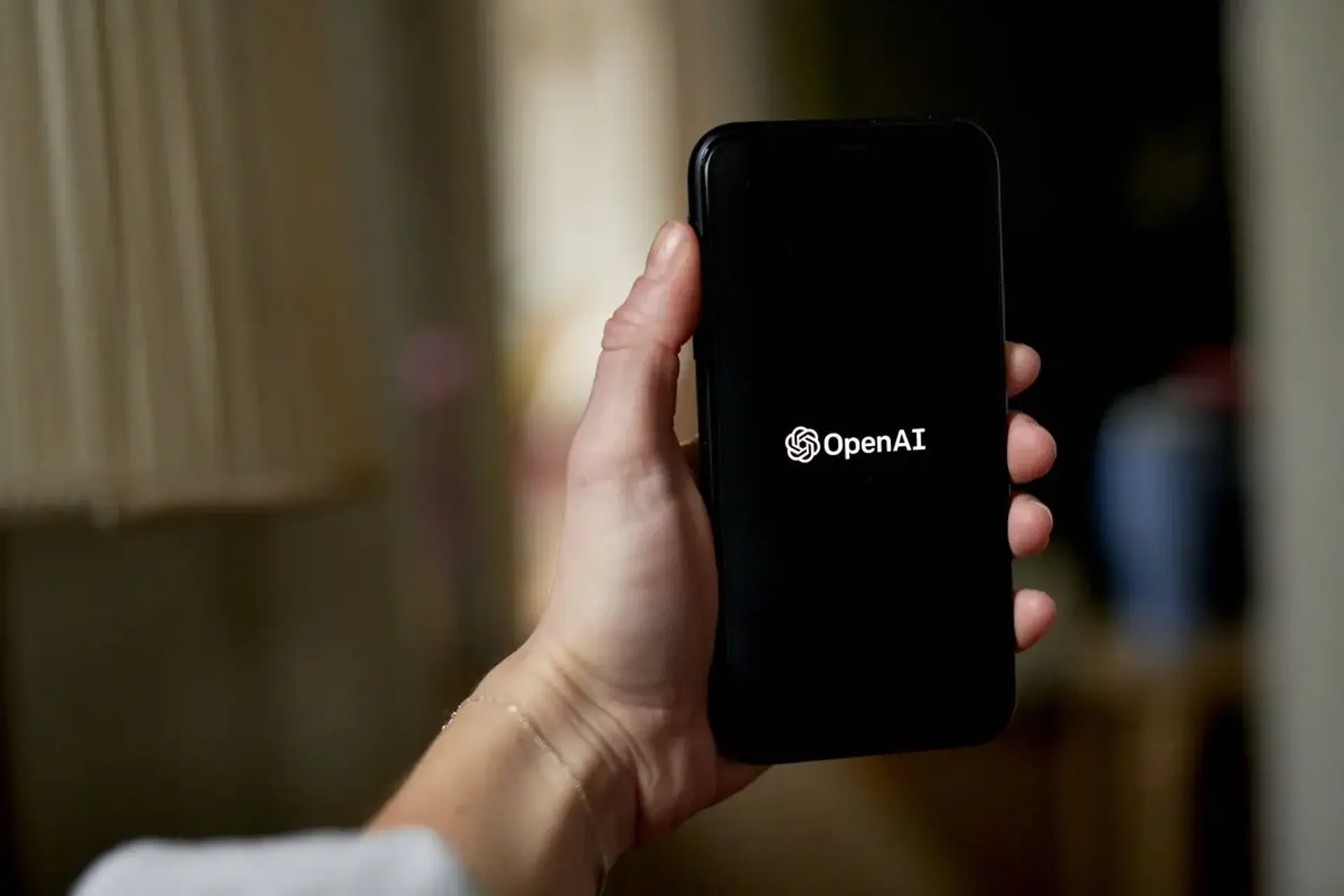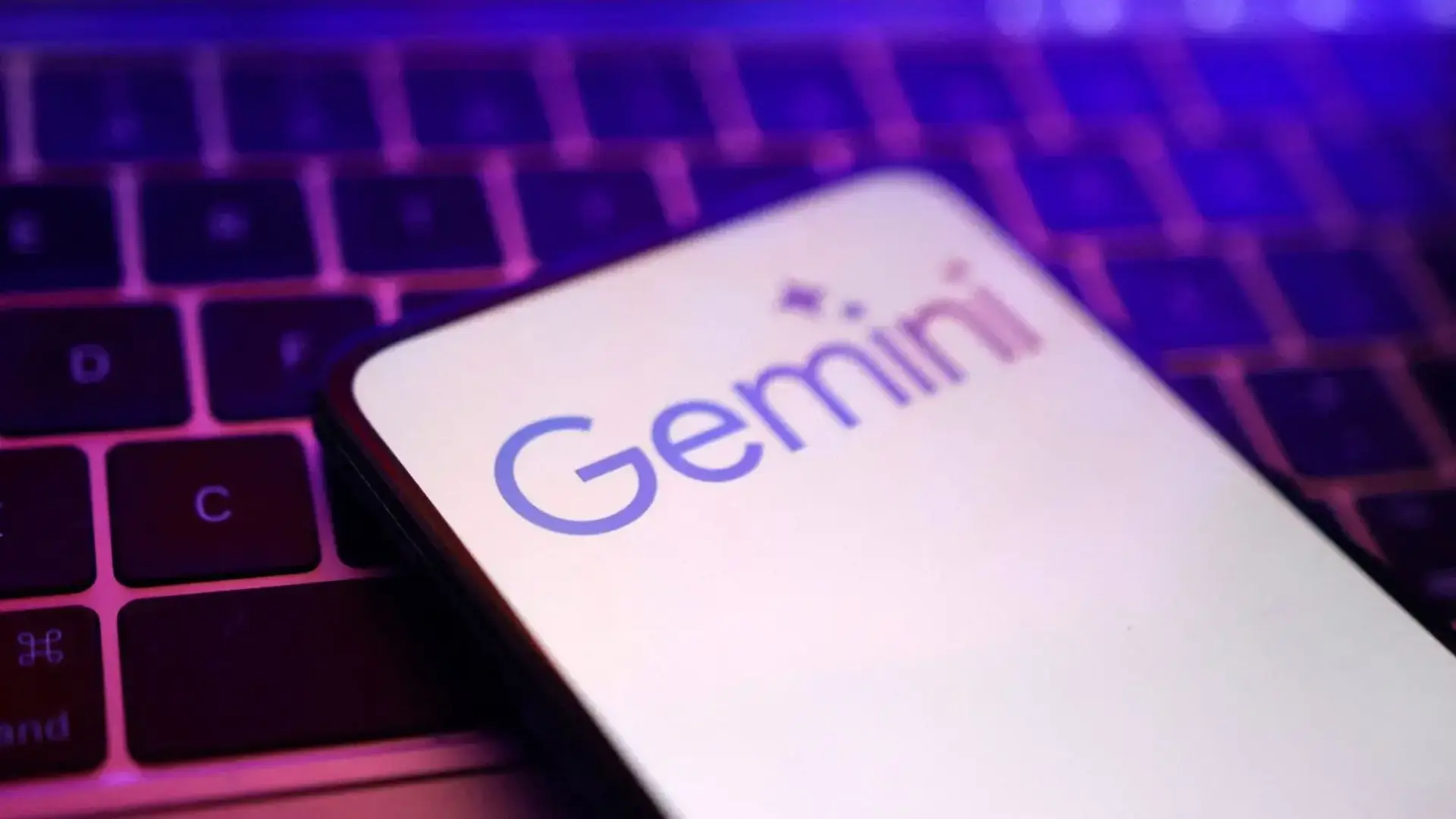OpenAI is directly challenging Google by enabling users to shop for products directly within ChatGPT. This move expands the chatbot's functionality beyond simple information retrieval and text generation, transforming it into a potential e-commerce platform. By integrating shopping capabilities, OpenAI aims to keep users within its ecosystem for longer, reducing the need to switch to search engines or other shopping apps.
The integration works through plugins that connect ChatGPT to various retailers and product databases. Users can ask ChatGPT to find specific items, compare prices, and even make purchases, all within the chat interface. This represents a significant step towards creating a more versatile and user-friendly AI assistant that can handle a wider range of tasks. The success of this venture hinges on how well OpenAI can integrate these plugins and ensure a seamless shopping experience.
This new feature could significantly impact online retail and how consumers discover and purchase products. If ChatGPT becomes a preferred shopping destination, it could disrupt traditional search-based advertising models and shift power dynamics in the e-commerce landscape. Google, with its established shopping platform and search engine dominance, will likely need to adapt to this evolving competitive environment.
Related Articles

OpenAI: Search vital, Google obstructs
Read more about OpenAI: Search vital, Google obstructs →
OpenAI eyes Chrome acquisition
Read more about OpenAI eyes Chrome acquisition →
Google focuses on Indian AI
Read more about Google focuses on Indian AI →
ChatGPT Refreshed with o4-mini
Read more about ChatGPT Refreshed with o4-mini →
